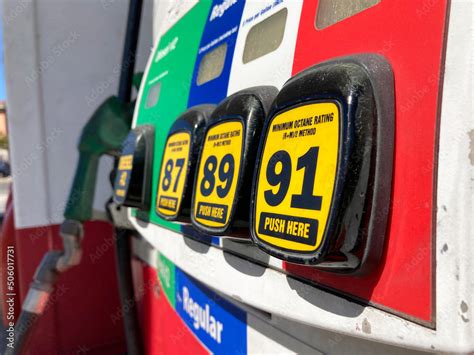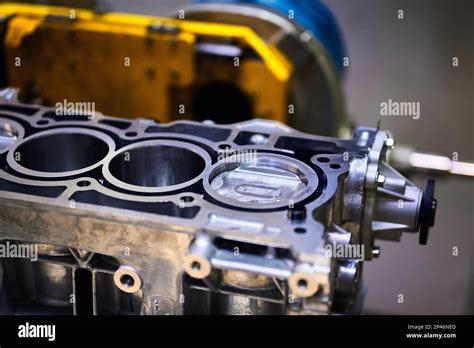Understanding Octane: What Premium Gas Really Is
The choice at the gas pump can sometimes feel like a financial gamble: standard unleaded or the pricier premium? Many drivers wonder if shelling out extra for premium gas will translate into better fuel economy, increased performance, or a healthier engine. The answer, surprisingly, is not a straightforward “yes” for most vehicles.
At the heart of the premium gas debate is the octane rating. Octane isn’t a measure of fuel’s energy content or “power,” but rather its resistance to knocking or pre-ignition. When gasoline and air mix in an engine cylinder and are compressed, they ignite with a spark plug. If the fuel ignites prematurely due to excessive compression and heat before the spark plug fires, it causes a “knock” or “ping,” which can be detrimental to an engine over time.

Does Your Car Actually Need Premium Fuel?
The most accurate way to determine if your car needs premium gas is to check your owner’s manual or the fuel door sticker. Vehicle manufacturers explicitly design engines to run on a specific octane level. Cars with high-compression engines, turbochargers, or superchargers often require premium (91+ octane) fuel. These engines operate under greater pressure and heat, making them more susceptible to pre-ignition, which lower octane fuel cannot adequately prevent.
Using the recommended fuel ensures the engine performs as designed and prevents potential damage from knocking. Most vehicles, however, are designed for regular unleaded (87 octane). Feeding them premium fuel offers no mechanical advantage, as their engines aren’t calibrated to harness the higher octane’s knock resistance.

The Myth of Better MPG and Performance
A common misconception is that premium gas, being “better,” will inherently improve your car’s miles per gallon (MPG) or boost its horsepower. For vehicles designed to run on regular unleaded, this is simply not true. Your engine’s computer (ECU) is programmed for a specific octane level. If you put higher octane fuel into an engine designed for regular, the ECU won’t magically adjust to extract more power or efficiency because the engine’s physical characteristics (like compression ratio) remain unchanged.
You won’t experience a noticeable increase in MPG, nor will your car suddenly gain extra horsepower. The extra money spent at the pump for premium gas in such vehicles is essentially wasted, as there’s no corresponding benefit to performance or economy.

Engine Health: Are Premium Fuels Cleaner?
Another frequently cited reason for choosing premium gas is the belief that it’s “cleaner” or offers superior protection for the engine. While all gasoline in the U.S. is required to contain detergent additives to prevent carbon buildup, there’s no evidence that premium fuel inherently contains more or better cleaning agents than regular unleaded from the same brand, especially when considering Top Tier certified fuels. Top Tier gasoline programs, supported by major car manufacturers, focus on enhanced detergent additives, but these are available in all octane grades, not exclusively premium.
Therefore, if you’re concerned about engine cleanliness, focusing on using Top Tier certified gasoline (regardless of octane) is a more effective strategy than simply opting for premium fuel when it’s not required by your vehicle.

When Premium is Worth It (and When It’s Not)
For the vast majority of drivers, premium gas is not worth the extra cost. If your car’s manufacturer recommends or requires regular unleaded, stick with it. You’ll save money and your engine will perform exactly as intended. Using premium in these vehicles provides no benefits to MPG, power, or engine longevity.
However, if your owner’s manual explicitly states “premium fuel required” or “premium fuel recommended,” then it is crucial to follow that advice. In these cases, the engine is designed to take advantage of the higher octane’s knock resistance, and using lower octane fuel could lead to reduced performance, decreased fuel efficiency, and even long-term engine damage due to constant knocking and the ECU’s attempts to compensate.

The Verdict: Read Your Manual
Ultimately, the decision to use premium gas should be guided by your vehicle’s manufacturer recommendations, not by anecdotal evidence or the assumption of superior quality. For most cars on the road, regular unleaded is perfectly adequate and the most cost-effective choice. Save your money at the pump, knowing you’re providing your engine with exactly what it needs.




